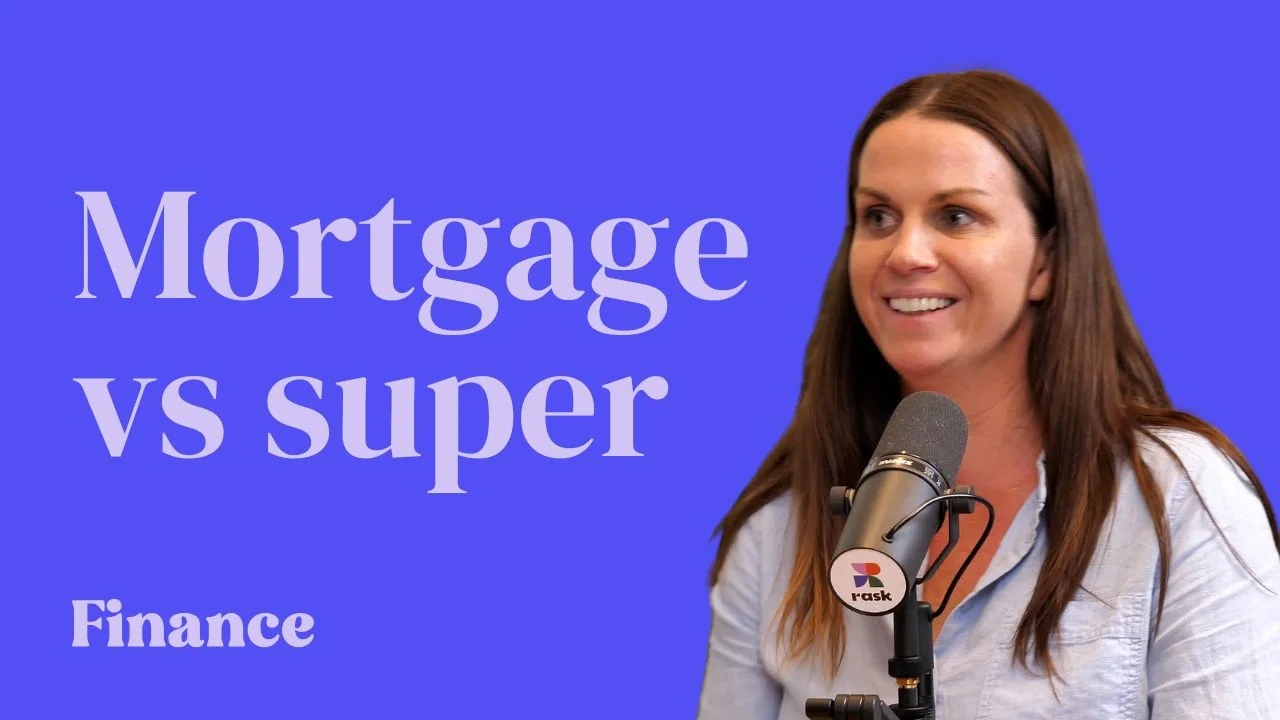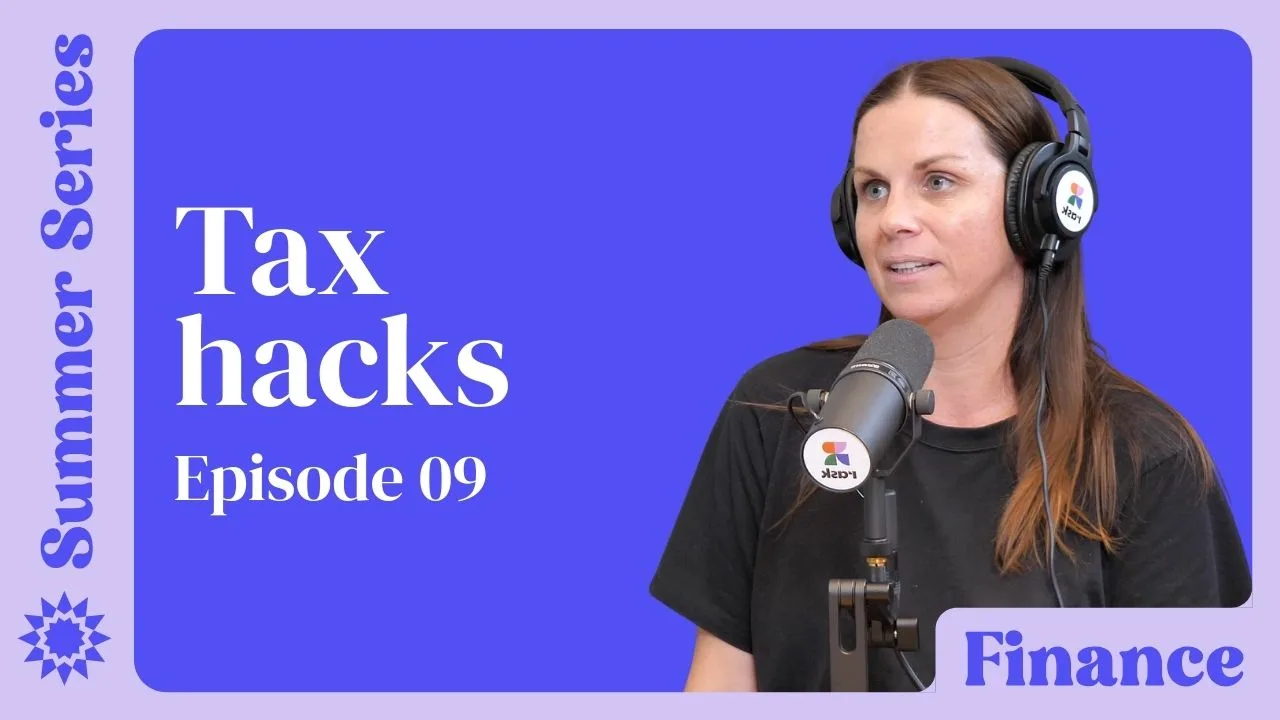Why don’t we always learn from our mistakes?
In this episode, Kate Campbell and Evan Lucas explore our financial decision-making process. We discuss rationalisation, how it can lead to unethical decisions that harm our finances, and how to manage this.
In this episode of 🧠 Brain Hacks, Kate Campbell and Evan Lucas discuss some of the behavioural risks Dr Daniel Crosby highlights in his book, The Laws of Wealth, and how we can combat them.
The word ethics comes from an ancient Greek word ethos, which means character. The question asked in ethics is: what sort of person should I be? How should I live? What values should shape my life?
Why don’t we always make decisions that are in our best interest?
- Focused more on how we feel in the moment than being kind to our future selves
- Listening too much to everyone else’s thoughts and opinions
- Not understanding our priorities
- Confusing our wants and needs
- Not learning from our mistakes
Why don’t we always learn from our mistakes? Let’s talk about rationalisation
- Attempts to find reasons for our decisions and behaviour after the fact
- Rationalisation is an invested explanation that hides or denies true motivation, causes or actions.
- Rationalisations are one of the major facilitators of unethical behaviour because they allow us to act unethically while telling ourselves that what we are doing is okay.
- Rationalisations show how easily we defer to self-interest to show ourselves in the best possible light.
- Can we ever actually be objective?
Why don’t experts always make decisions that are in our best interests?
- According to Anand, Ashforth and Joshi (2004, pp. 39–53), there are six categories of rationalisation that are commonly used in business. They are as follows:
-
- Denial of responsibility: ‘I know I shouldn’t do this, but my boss is making me, so it’s not really my fault.’
- Denial of injury: ‘I know that I shouldn’t do this, but who’s really being hurt?’
- Denial of victim: ‘I know that I shouldn’t do this, but this person is so stupid that they deserve to get ripped off.’
- Social weighting: ‘I know that I shouldn’t do this, but my competitors are doing even worse stuff.’
- Appeal to higher loyalty: ‘I know that I shouldn’t do this, but I have a family to feed.’
- Metaphor of the ledger: ‘I know that I shouldn’t do this, but I give a lot of money to charity.’
-
- Does the ends-justify-the-means?
- I can still be objective: This rationalisation ignores the fact that a loss of objectivity always prevents perception of the loss of objectivity. It also underestimates the subtle ways in which gratitude, friendship, anticipation of future favours and the like affect judgement.





